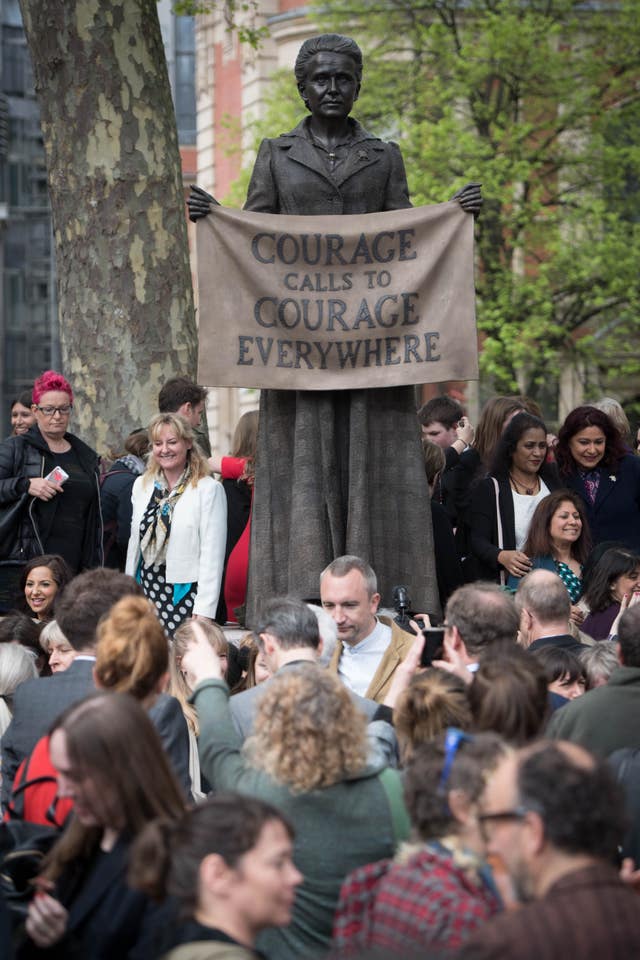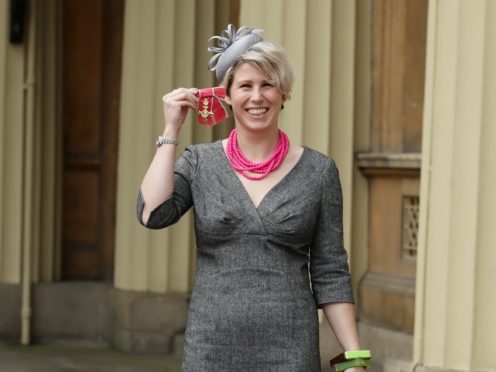The author behind the campaign to erect a statue of suffragist leader Millicent Fawcett in front of Parliament has been shortlisted for an award described as “the Booker Prize of science writing”.
Caroline Criado-Perez is among six writers in the running for The Royal Society Science Book Prize 2019.
The annual prize, worth £25,000, celebrates popular science books from around the world which are aimed at a non-specialist readership.

Past winners include Stephen Hawking, Jared Diamond and Bill Bryson.
Criado-Perez, a feminist writer and activist, is shortlisted for her book Invisible Women, which explores the ways the world is designed for men, from the size of mobile phones to the design of air bags.
She made headlines in 2016 when she started a campaign to mark the centenary of women gaining the right to vote with a statue of Fawcett in Parliament Square.
Designed by Turner Prize-winning artist Gillian Wearing, it was both the first statue of a woman, and the first statue created by a woman, to stand in the space.

Sustainability journalist Tim Smedley’s first book, Clearing the Air, was chosen for its contribution to creating a cleaner future.
The shortlist also includes The Remarkable Life Of The Skin by Monty Lyman, Six Impossible Things by John Gribbin, The Second Kind Of Impossible by Paul Steinhardt and Infinite Powers: The Story Of Calculus by Steven Strogatz.
Professor Sir Nigel Shadbolt, the chairman of this year’s judging panel, said: “This year’s shortlist is a great collection of popular science writing.
“Each book on the list presents an area of science that is fascinating, enthralling and important: from the mysteries of the quantum universe to the air we breathe, from the way that data encodes bias to the skin that is our largest organ, from the infinite power of calculus to new kinds of matter, our shortlist will appeal to all.
“Within these titles we encounter triumph and tragedy, hope and despair, enlightenment and enduring mysteries.
“The writers share great stories, rooted in outstanding research. They open up our understanding of the world in which we live and remind us of the important discoveries taking place around us every day.”
